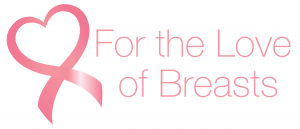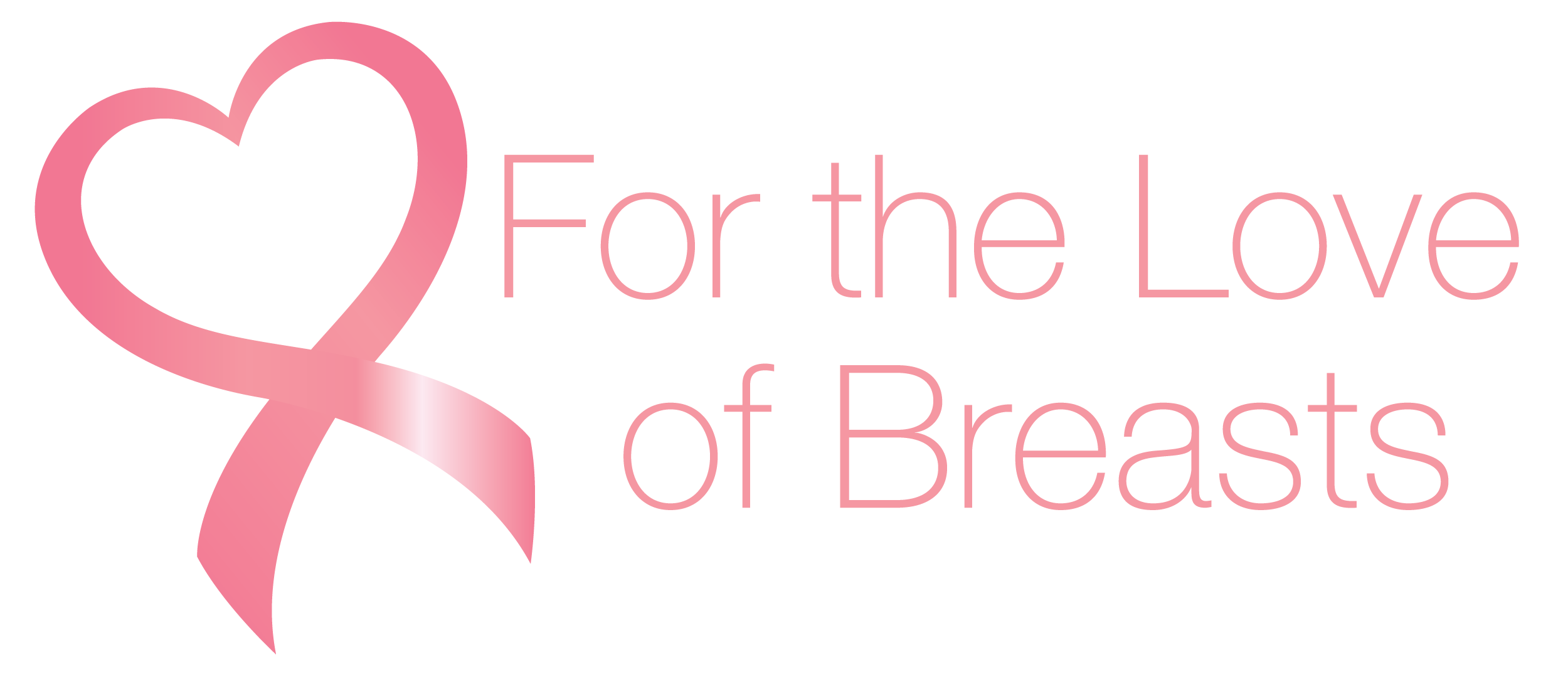
We have all come to know and love the famous pink ribbon. When October rolls around, we see it plastered everywhere and the city becomes tinted with the ‘more feminine’ shade. Although the ribbon and its colour seek to represent the majority of those affected by breast cancer, there is still a demographic few know can also be diagnosed with the disease: men.
“The way our society is today with the media always associating breast cancer with women, like using women in awareness campaigns, the pink ribbon, ‘I love boobies’ bracelets, it makes it seem that it is a cancer that can only be found in women,” said Robert-Jun Corpus, a second-year accounting major at the John Molson School of Business at Concordia.
“It’s rare,” explained Sonia Nanda, a certified genetic counsellor at the Familial Breast Cancer Research Unit at the Women’s College Research Institute in Toronto, Ontario. “But it does happen […] because men do have breast tissue.”
The reason why women are more susceptible to it than men is still unclear but Nanda was able to provide some insight.
“It might be hormones, a lot of cancers are hormone dependent as well,” she said. “Women produce a lot more hormones and then there are a lot of other things: we have children, men don’t, we menstruate, men don’t, so there’s a whole bunch of factors.”
In 2012, according to a statistic put out by the Canadian Cancer Society, “an estimated 200 men will be diagnosed with breast cancer and 55 will die of it.”
And while survival rates for both genders are close, men often do not pick up on the signs and end up being diagnosed too late. Though women know performing breast exams on themselves and having mammograms is essential for their bodies, how many times have you heard a man telling his friends he’s due for a breast checkup?
Compared to the number of women afflicted by the illness – 22,700 Canadian women in 2012 – it is not hard to see why breast cancer in men is put on the backburner. However, this is no excuse.
“Right now, there is almost nothing pointing towards men being able to be diagnosed with this disease, but a little awareness would promote support from both sexes,” suggested Corpus.
In an effort to raise awareness for men battling this type of cancer, Marvel Comics has teamed up with Susan G. Komen for the Cure in printing eight pink-coloured limited editions of their most popular comics in order to shed some light on the topic of breast cancer in men. This is a great initiative seeing as comics might appeal to men than a pink ribbon.
While colourful awareness causes may seem like the right thing to do, considering the general population is left uninformed about breast cancer and its effects on men, it seems the money is being used to spread a message we are already very familiar with. At the end of the day, cancer doesn’t discriminate and neither should these campaigns.




